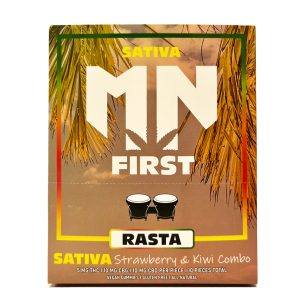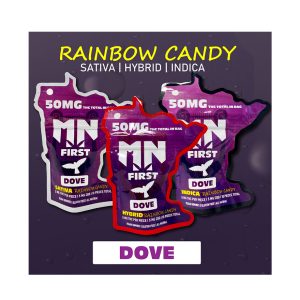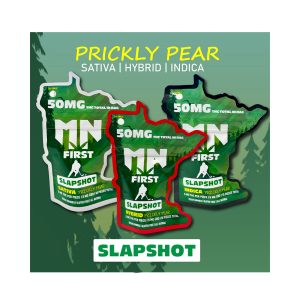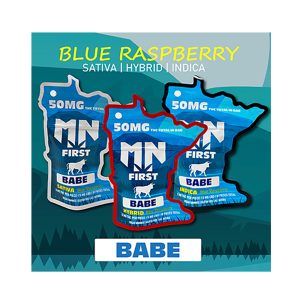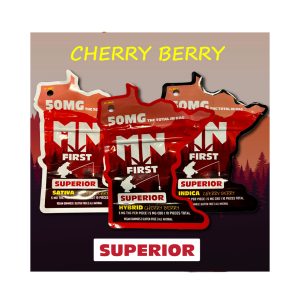**History and Legalization**:
– Cannabis-infused food dates back to ancient times, with mentions in India and North Africa.
– Modern interest in edibles in the West is attributed to Alice B. Toklas.
– California was the first state to legalize medicinal cannabis in 1996.
– Canada became the first G7 nation to legalize recreational cannabis in 2018.
– Legalization of medical cannabis is expanding in the U.S. and other countries.
– Legalization efforts are driven by the potential health benefits and as an alternative to opioids.
– Various states and countries have made regulatory changes to accommodate cannabis edibles.
**Chemistry and Types**:
– Cannabis edibles contain decarboxylated cannabinoids, impacting users differently than smoked cannabis.
– Most edibles contain THC, while some are rich in CBD with minimal THC.
– Edibles can be in various forms like baked goods, candy, gummies, and more.
– The base of edibles is fat infused with THC, using oils like coconut, olive, avocado, and butter.
– Hash oil is a common form of cannabis oil used in edibles.
**Effects and Health Benefits**:
– Ingesting cannabis edibles can lead to longer-lasting and intense effects compared to inhalation.
– Different formats affect digestion and metabolism rates.
– Common side effects include increased appetite and dry mouth.
– CBD in edibles may help with anxiety and psychosis symptoms.
– THC in edibles can induce relaxation and pain relief, benefiting conditions like cancer-related symptoms and muscle spasms.
**Safety Concerns**:
– Excessive cannabis use can impact brain development, heart health, and mental well-being.
– Overconsumption of edibles can pose safety risks due to delayed effects.
– Cannabis edibles have led to more healthcare visits compared to other forms of consumption.
– High THC concentrations can cause negative psychological effects like anxiety and hallucinations.
– Proper precautions are needed to prevent children from accessing cannabis edibles due to their appeal.
**Research and International Laws**:
– Studies have explored acute toxicity associated with cannabis edibles and the impact of legalization on public health.
– International laws vary, with countries like Canada and Uruguay implementing regulatory frameworks.
– Legal history and reforms in the U.S. have shaped the landscape of cannabis legalization.
– Ongoing research is crucial to understand the effects and safety considerations of cannabis edibles.
A cannabis edible, also known as a cannabis-infused food or simply an edible, is a food item (either homemade or produced commercially) that contains decarboxylated cannabinoids (cannabinoid acids converted to their orally bioactive form) from cannabis extract as an active ingredient. Although edible may refer to either a food or a drink, a cannabis-infused drink may be referred to more specifically as a liquid edible or drinkable. Edibles are a way to consume cannabis. Unlike smoking, in which cannabinoids are inhaled into the lungs and pass rapidly into the bloodstream, peaking in about ten minutes and wearing off in a couple of hours, cannabis edibles may take hours to digest, and their effects may peak two to three hours after consumption and persist for around six hours. The food or drink used may affect both the timing and potency of the dose ingested.

Most edibles contain a significant amount of THC, which can induce a wide range of effects, including: heightened sensory perception, relaxation, sleepiness, dizziness, dry mouth, euphoria, depersonalization and/or derealization, hallucinations, paranoia, and decreased or increased anxiety. THC-dominant edibles are consumed for recreational and medical purposes. Some edibles contain a negligible amount of THC and are instead dominant in other cannabinoids, most commonly cannabidiol (CBD). The main characteristic of cannabis edibles is that they take longer to affect users compared to smoked cannabis.
Foods and beverages made from non-psychoactive cannabis products are known as hemp foods.

